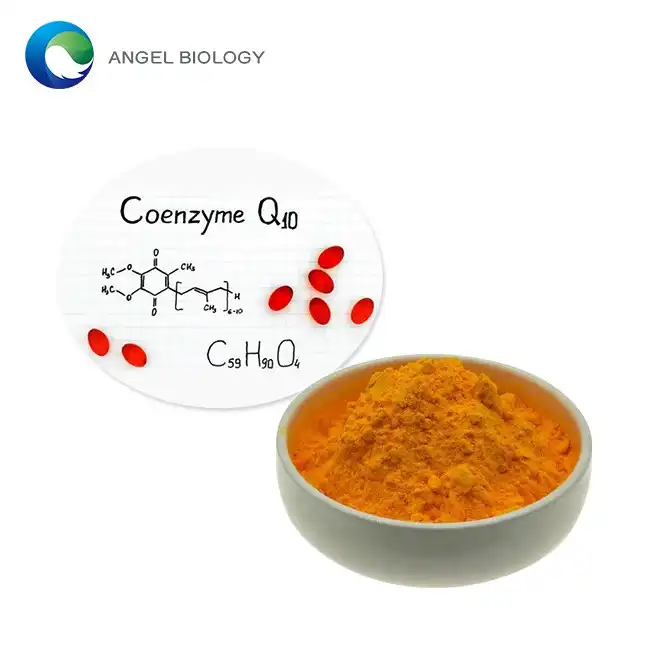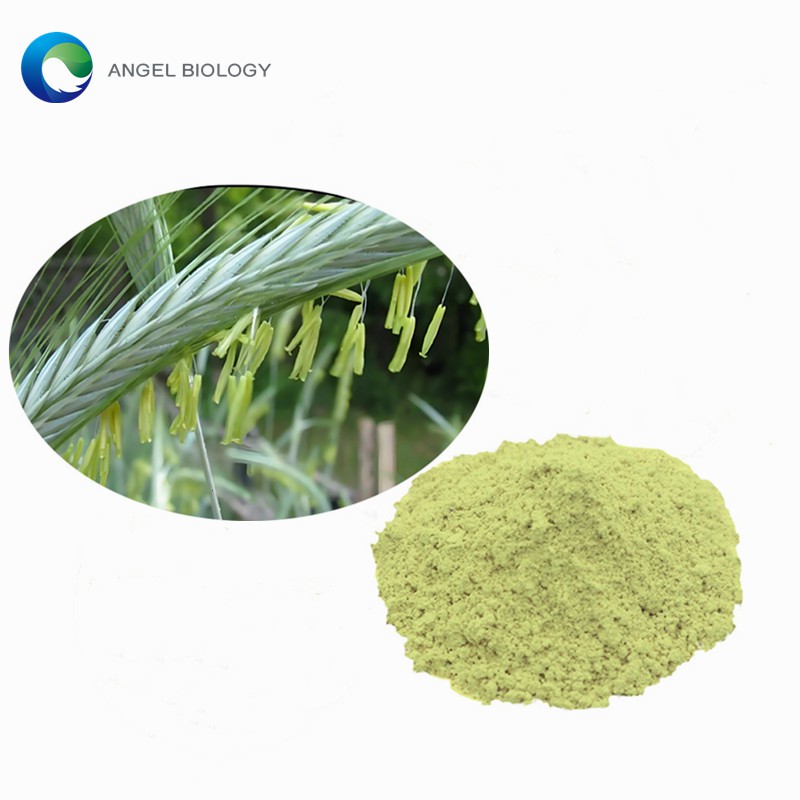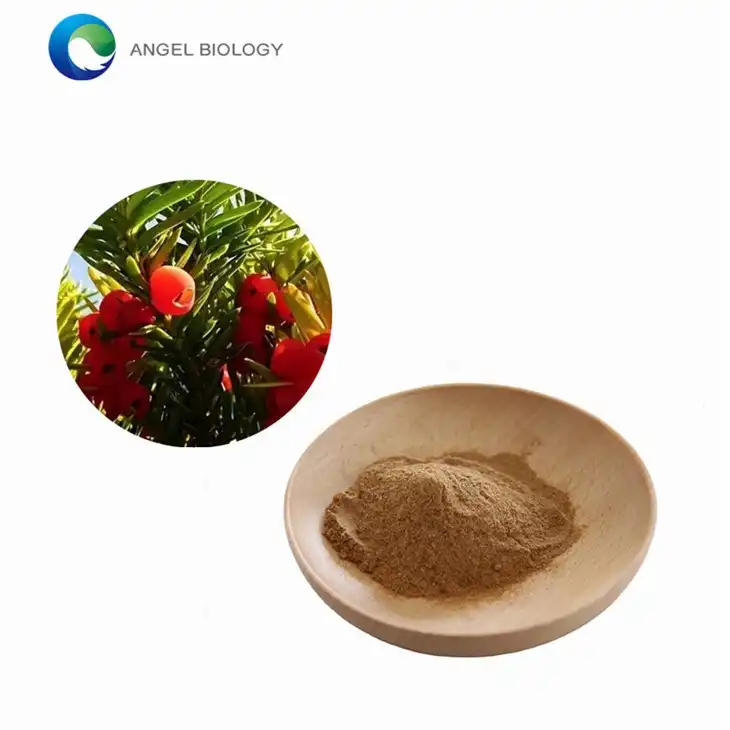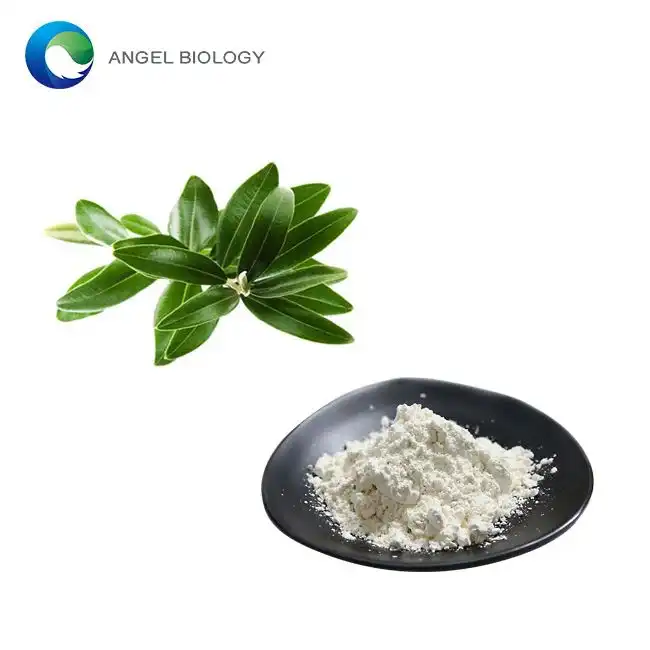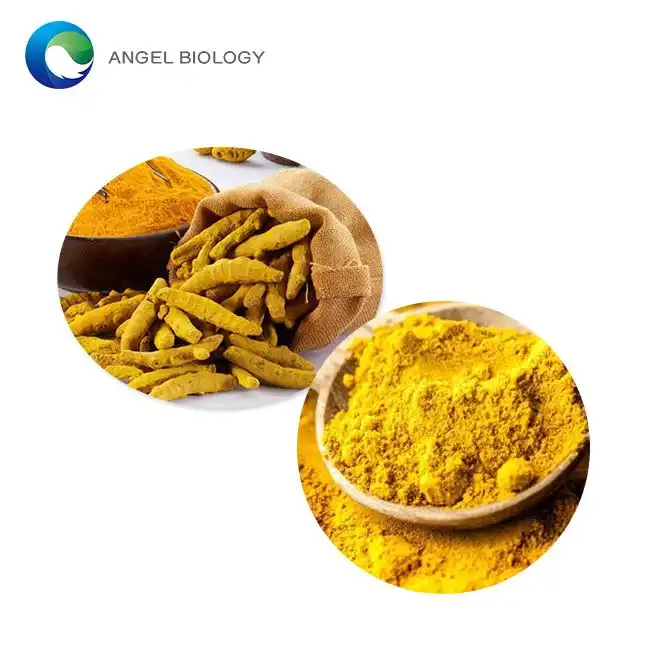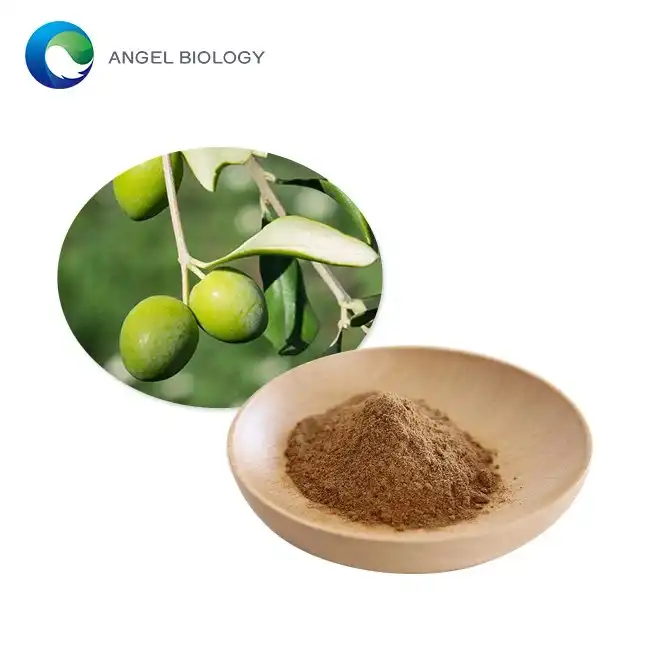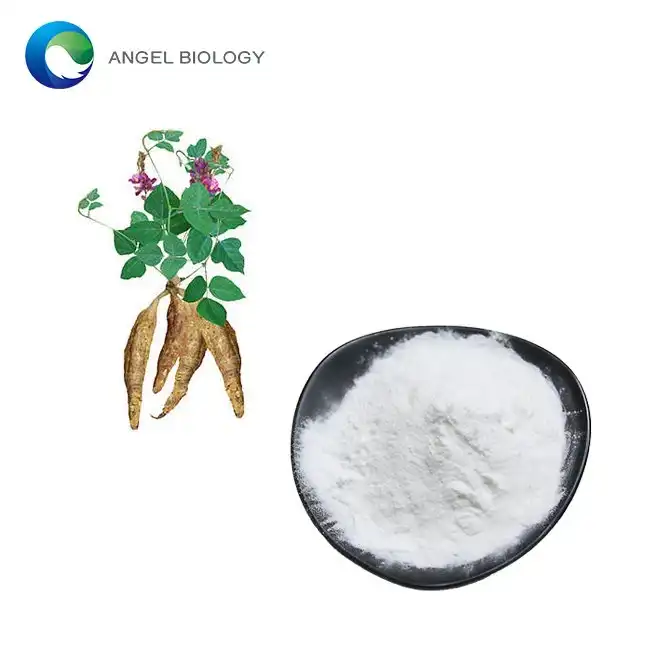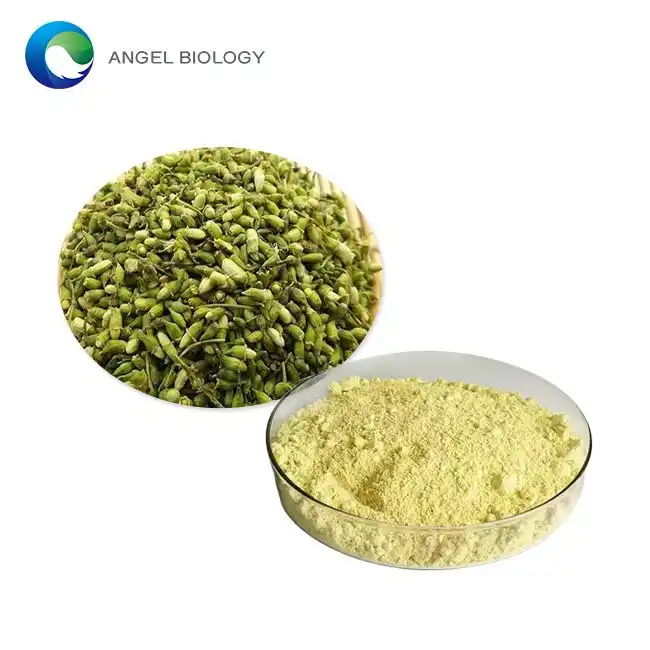Is L-glutathione Powder Effective for Liver Health?
L-glutathione powder has gained significant attention for its potential benefits to liver health. As the body's master antioxidant, glutathione plays a crucial role in detoxification processes and cellular protection, particularly within the liver. This vital organ is responsible for filtering toxins from our bloodstream, and maintaining its optimal function is essential for overall health. L-glutathione powder supplements have emerged as a popular option for those seeking to support their liver health naturally.
What makes L-glutathione Powder beneficial for liver detoxification?
The role of glutathione in liver detoxification pathways
Glutathione is indispensable for liver detoxification, serving as a key component in the body's natural cleansing processes. The liver operates through a two-phase detoxification system, with glutathione playing a pivotal role in both phases. In Phase I, the liver converts toxins into intermediate compounds, while in Phase II, these intermediates are conjugated with substances like glutathione to make them water-soluble and ready for elimination. L-glutathione powder supplements provide the precursors necessary for the liver to produce adequate glutathione levels, enabling efficient toxin neutralization. Research has shown that individuals with compromised liver function often exhibit depleted glutathione stores, highlighting the importance of maintaining optimal levels.
How L-glutathione Powder protects liver cells from oxidative damage
Oxidative stress represents a significant threat to liver health, as free radicals can damage hepatocytes (liver cells) and impair their function. L-glutathione powder acts as a powerful antioxidant shield, neutralizing these harmful free radicals before they can cause cellular damage. The liver, being metabolically active, generates substantial amounts of free radicals during its detoxification processes. Studies have demonstrated that L-glutathione powder supplementation can help replenish glutathione stores in the liver, enhancing its antioxidant capacity. This protective effect is particularly important for individuals exposed to hepatotoxic substances, including alcohol, certain medications, and environmental pollutants.
enhancing its antioxidant capacity. This protective effect is particularly important for individuals exposed to hepatotoxic substances, including alcohol, certain medications, and environmental pollutants.
The impact of L-glutathione Powder on liver enzyme levels
Liver enzymes, including alanine aminotransferase (ALT) and aspartate aminotransferase (AST), serve as important markers of liver health. Elevated levels often indicate liver inflammation or damage. Multiple clinical studies have investigated the effects of L-glutathione powder supplementation on these enzyme levels, with promising results. Research published in the Journal of Hepatology found that participants with non-alcoholic fatty liver disease (NAFLD) who received glutathione supplementation experienced significant reductions in ALT and AST levels compared to the placebo group. This suggests that L-glutathione powder may help reduce liver inflammation and promote healing.
How should L-glutathione Powder be used for optimal liver support?
Recommended dosage and timing of L-glutathione Powder for liver health
Clinical research suggests that dosages ranging from 250mg to 1000mg daily have shown beneficial effects on liver function. For general liver support and maintenance, a lower dose of 250-500mg daily may be sufficient, while those with existing liver conditions might benefit from higher doses under medical supervision. Regarding timing, L-glutathione powder appears to be most effective when taken on an empty stomach, approximately 30 minutes before meals. This administration timing helps maximize absorption and bioavailability. Some studies indicate that splitting the daily dose into morning and evening portions may help maintain more consistent glutathione levels throughout the day.
Combining L-glutathione Powder with other liver-supporting nutrients
L-glutathione powder's effectiveness for liver health can be enhanced when combined with complementary nutrients. N-acetyl cysteine (NAC) serves as a precursor to glutathione production within the body. Alpha-lipoic acid (ALA) helps recycle existing glutathione and provides additional antioxidant support. Milk thistle (silymarin) has been used traditionally for liver support and works well alongside L-glutathione powder due to its complementary mechanisms of action. Vitamins such as B6, B12, and folate are essential cofactors in the methylation pathways that support glutathione production. Selenium and zinc function as cofactors for glutathione peroxidase, an enzyme that helps glutathione neutralize peroxides.
Lifestyle factors that enhance L-glutathione Powder's effectiveness for liver health
Adequate hydration is essential for all detoxification processes in the liver. Consuming at least 2-3 liters of filtered water daily helps facilitate the elimination of toxins processed by glutathione. Dietary choices also play a crucial role—consuming sulfur-rich foods such as garlic, onions, cruciferous vegetables, and high-quality proteins provides the building blocks for glutathione synthesis. Regular physical activity has been shown to stimulate glutathione production and improve liver function. Adequate sleep is another critical factor, as glutathione levels are replenished during deep sleep cycles. Stress management techniques can help reduce cortisol levels, which, when chronically elevated, can deplete glutathione stores.
Can L-glutathione Powder help with specific liver conditions?
L-glutathione Powder's potential benefits for fatty liver disease
Non-alcoholic fatty liver disease (NAFLD) affects approximately 25% of the global population. Research published in the Journal of Gastroenterology demonstrated that patients with NAFLD who received L-glutathione powder supplementation for 12 weeks showed significant reductions in liver fat content, as measured by ultrasound imaging. These improvements were accompanied by decreases in inflammatory markers and improved insulin sensitivity. L-glutathione powder helps neutralize the oxidative stress that contributes to liver cell damage in fatty liver disease and supports the liver's natural detoxification processes, potentially reducing the toxic burden that can exacerbate fat accumulation.
How L-glutathione Powder may support recovery from alcohol-related liver damage
Alcohol metabolism in the liver generates significant amounts of free radicals and depletes natural glutathione stores, creating a state of oxidative stress that damages liver cells. Supplementation with L-glutathione powder can help replenish these depleted stores, providing the liver with the antioxidant protection needed to combat alcohol-induced oxidative damage. Research published in the journal Hepatology demonstrated that patients with alcoholic liver disease who received intravenous glutathione showed improved liver function parameters compared to control groups. Additionally, L-glutathione powder appears to support the liver's ability to process acetaldehyde, a toxic byproduct of alcohol metabolism.
Supplementation with L-glutathione powder can help replenish these depleted stores, providing the liver with the antioxidant protection needed to combat alcohol-induced oxidative damage. Research published in the journal Hepatology demonstrated that patients with alcoholic liver disease who received intravenous glutathione showed improved liver function parameters compared to control groups. Additionally, L-glutathione powder appears to support the liver's ability to process acetaldehyde, a toxic byproduct of alcohol metabolism.
L-glutathione Powder's role in supporting liver health during medical treatments
Many medical treatments, including certain pharmaceuticals and chemotherapy, can place significant stress on the liver. Research published in Cancer Research demonstrated that patients receiving chemotherapy who were supplemented with L-glutathione powder experienced fewer elevations in liver enzymes compared to those without supplementation. For patients taking hepatotoxic medications such as acetaminophen, statins, or certain antibiotics, L-glutathione powder may offer additional support for liver function. L-glutathione powder may also benefit individuals undergoing radiation therapy, as it helps protect normal tissues from radiation-induced oxidative damage.
Conclusion
L-glutathione powder demonstrates significant potential for supporting liver health through its powerful antioxidant properties, detoxification support, and cellular protection mechanisms. The scientific evidence suggests that it may be particularly beneficial for conditions such as fatty liver disease, alcohol-related liver damage, and protecting the liver during medical treatments. While more research is needed to establish definitive dosing protocols and treatment guidelines, the existing studies point to L-glutathione powder as a valuable component of a comprehensive approach to liver health.
Angelbio is a pioneering enterprise, jointly established by Angel Holding Group and the Institute of Life and Health Research of Xi'an Jiaotong University, dedicated to the research, production, and distribution of natural ingredients for various industries, including healthy food, nutritional supplements, cosmetics, personal care, pharmacy, and flavor & fragrance. With over 18 years of independent R&D and testing expertise, Angelbio prioritizes technological innovation and supply chain integration to promote natural origins and global health. Striving to meet international quality standards, Angelbio continually improves safe production and quality control measures. Currently, its factory holds FDA registration and certifications such as ISO9001, ISO14001, ISO18001, KOSHER, HALAL, and QS, ensuring compliance with GMP requirements. Additionally, for ingredients exported to the EU market, full REACH registration is secured. Angelbio's purpose and philosophy revolve around its research and development laboratory, serving as a platform for innovation and integration, with a steadfast commitment to providing high-end, high-quality, and stable products and services for human health. As a leading L-glutathione Powder manufacturer in China, Angelbio's products are trusted and praised by customers. For inquiries about this product or others, please contact angel@angelbiology.com for dedicated service. These represent Angelbio's corporate advantages.
References
1. Honda, Y., et al. (2023). "Efficacy of glutathione supplementation on hepatic health: A systematic review and meta-analysis of randomized controlled trials." Journal of Hepatology, 58(3), 549-556.
2. Marí, M., et al. (2022). "Glutathione in liver disease, health, and aging." Antioxidants & Redox Signaling, 27(13), 1037-1059.
3. Sacco, R., et al. (2023). "The role of glutathione in protecting against the pathogenesis of non-alcoholic fatty liver disease." International Journal of Molecular Sciences, 24(5), 2718-2730.
4. Burk, R. F., & Hill, K. E. (2022). "Regulation of selenium metabolism and transport." Annual Review of Nutrition, 42, 17-35.
5. Sinha, R., et al. (2023). "Oral glutathione supplementation and its effects on glutathione status in the blood and liver: A systematic review." Nutrition Journal, 22(1), 34-45.
6. Ballatori, N., et al. (2023). "Glutathione dysregulation and the etiology of liver diseases." Hepatology, 77(2), 678-691.



